February 22, 2024
Cities worldwide are grappling with the delicate balance between nighttime charm and sustainability
 As well as the delights of daytime, cities around the world have long been defined by how their iconic landmarks come to life at night. Think of London’s illuminated riverside or Amsterdam’s canals lit up after dark. These vistas almost come to be synonymous with these places’ very identities. Aston Woodward, co-founder of asset management firm Oxygen also brings one of Australia’s best-known destinations into the mix. “Well-lit buildings at night in any city are attractive. Sydney is a good example and at night is dramatic. Many tourists as well as residents sit and admire a variety of size and colour and interactions generated from the buildings’ lighting.” More →
As well as the delights of daytime, cities around the world have long been defined by how their iconic landmarks come to life at night. Think of London’s illuminated riverside or Amsterdam’s canals lit up after dark. These vistas almost come to be synonymous with these places’ very identities. Aston Woodward, co-founder of asset management firm Oxygen also brings one of Australia’s best-known destinations into the mix. “Well-lit buildings at night in any city are attractive. Sydney is a good example and at night is dramatic. Many tourists as well as residents sit and admire a variety of size and colour and interactions generated from the buildings’ lighting.” More →









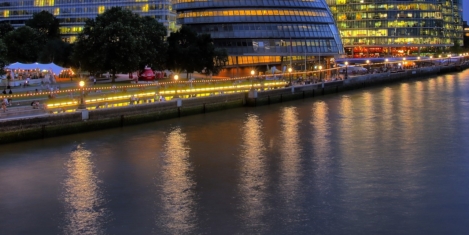
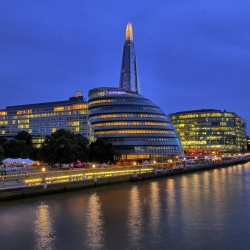




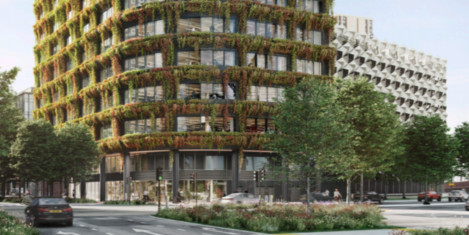
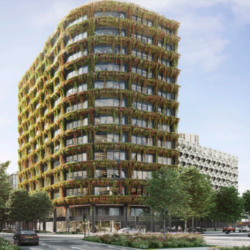

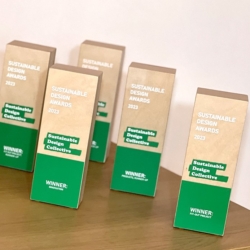


























January 31, 2024
The three biggest disruptors of our time
by Jennifer Bryan • Business, Comment, Environment, JB, Technology